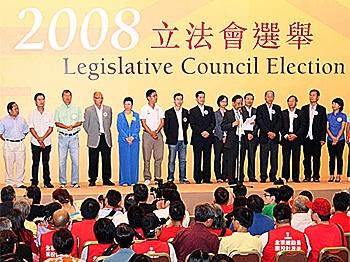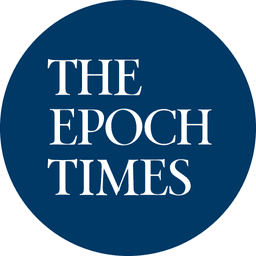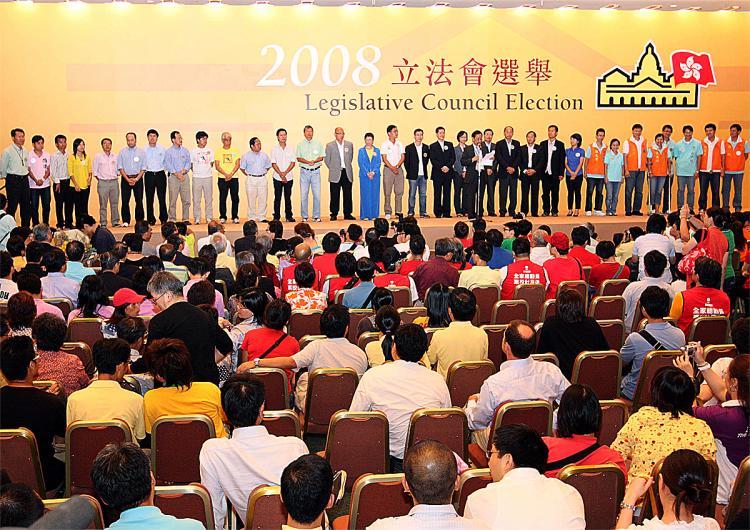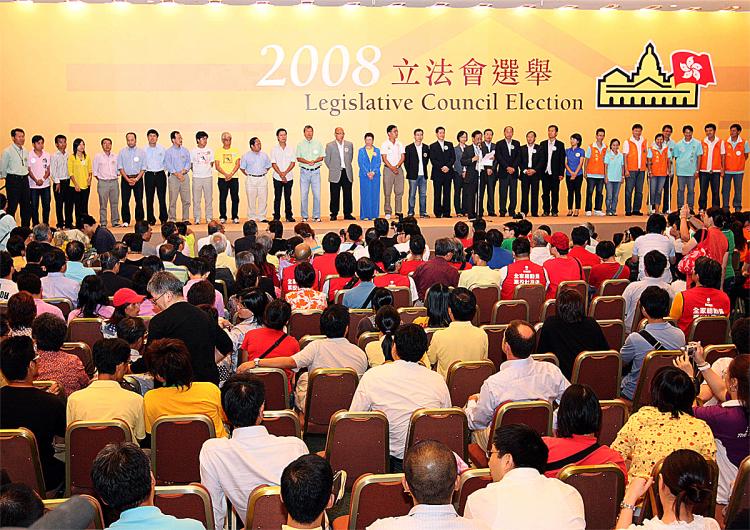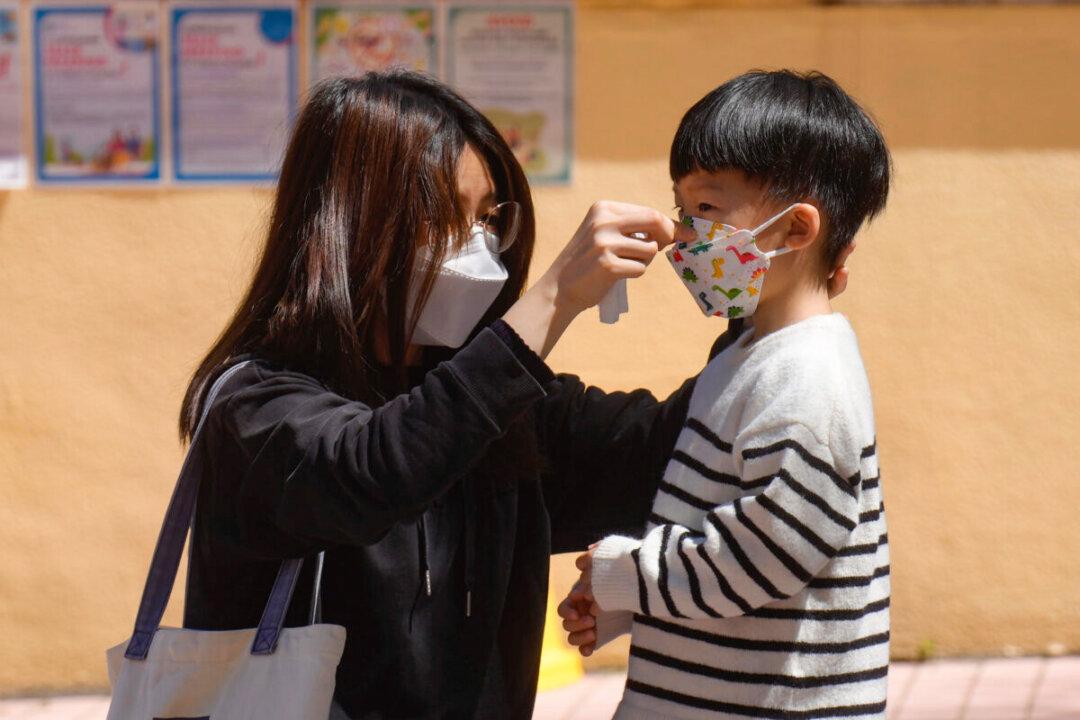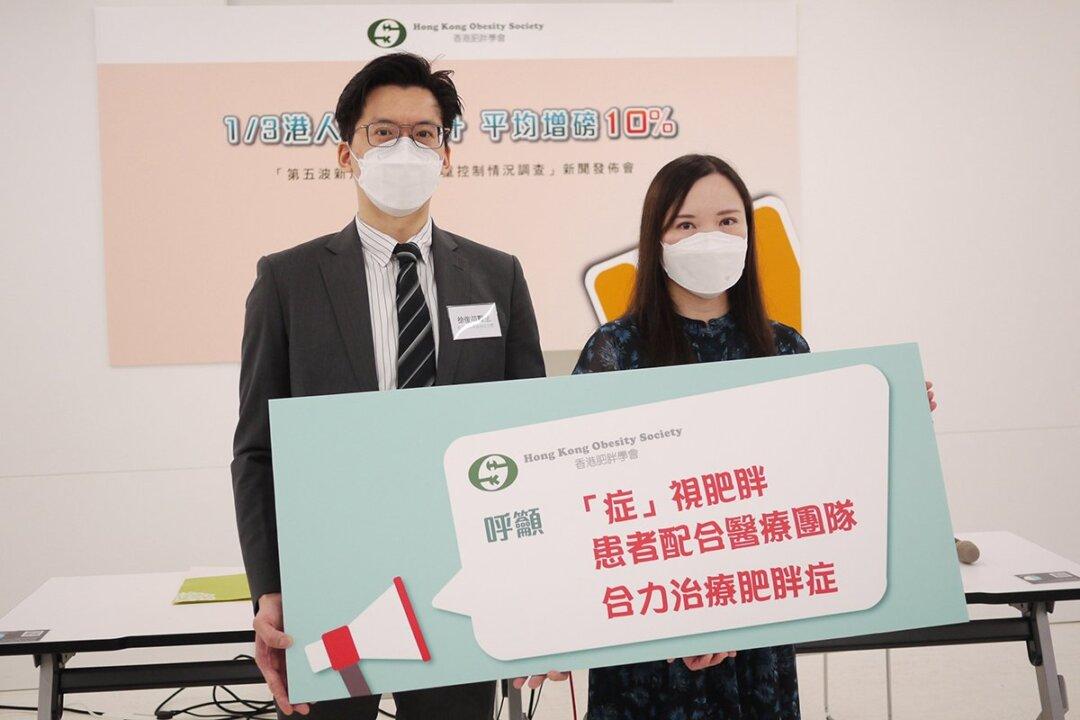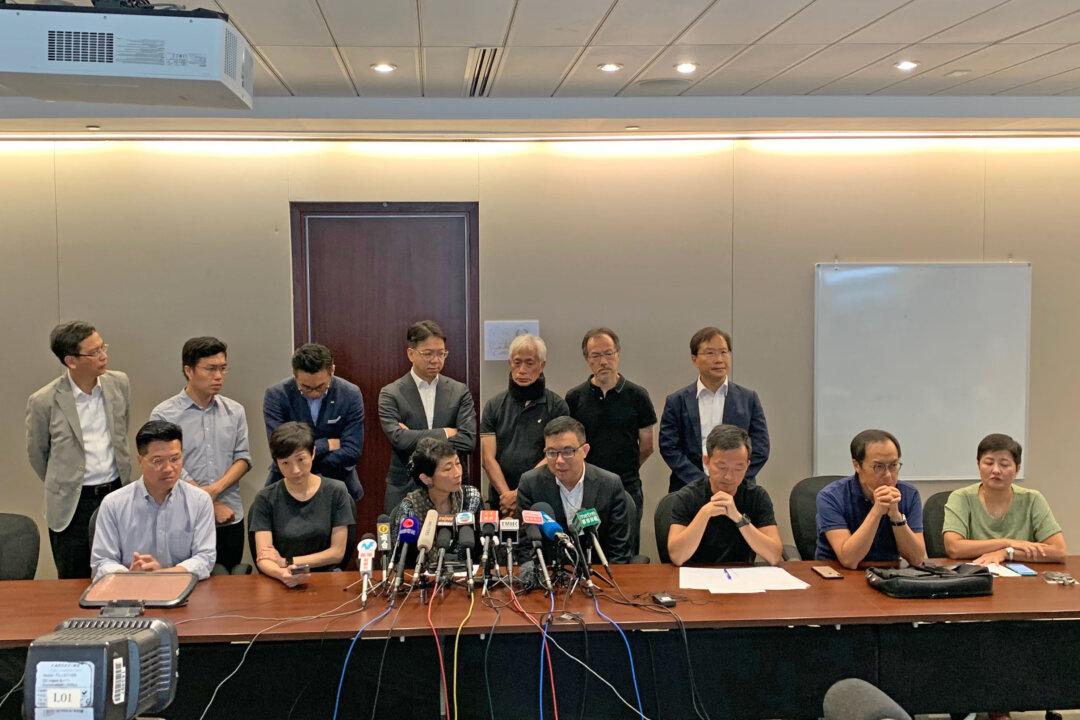Hong Kong’s political race is mainly a contest between pro-Beijing and pro-democracy camps.
Pro-democracy candidates won 23 seats in the 60-member legislature, three legislative seats less than they won in the last election, in 2004. Pro-Beijing and pro-government candidates won 37 seats.
The results were significant because the key threshold for pro-democracy parties was 21 seats. With more than one-third of the seats, the pro-democracy parties retained their veto power in the legislature.
Voter turnout dropped this year. About 45 percent of registered voters cast ballots, 10 percent lower than the last election. The low turnout was expected to hurt the pro-democracy parties, but the actual results countered the pre-election predictions.
In Hong Kong’s elections, 30 seats are voted directly by geographic constituencies. The other 30 seats are chosen from functional constituencies, in which only appointed professionals and business interests get to vote.
The pro-democratic opposition won 19 seats out of the 30 directly elected seats, while the pro-government party, led by the Democratic Alliance for the Betterment and Progress of Hong Kong (DAB), won 11.
Several leading figures of the pro-democracy camp retained their seats: the Civic Party’s Audrey Eu and Tanya Chan, the Democratic Party’s Kam Nai-wai, the League of Social Democrats’ Wong Yuk-Man and Leung Kwok-hung (nickname “Longhair”), and Frontier Party’s Emily Lau, a former journalist and longtime critic of Beijing.
According to a September 8 Associated Press report, “This is a critical moment for the pro-democracy camp,” Audrey Eu said as she rallied supporters in downtown Hong Kong on the morning. “We need to ... preserve our bargaining power.”
One of these politicians, Leung Kwok-hung successfully regained his seat with over 40,000 votes in his constituency. Leung’s critical views towards the Chinese communist regime are well known.
Pro-Beijing independent Regina Ip was expected to succeed in her bid, but pro-Beijing candidate Choy So Yuk of the DAB failed to hold her seat.
The Legislative Council is the legislative organization of the HKSAR. Members of Hong Kong’s fourth Legislative Council will serve a four-year term, starting from October 1, 2008.
Before Hong Kong’s return in 1997, the members of Hong Kong’s Legislative Council were appointed by the British Hong Kong authorities.
Read this article in Chinese.
